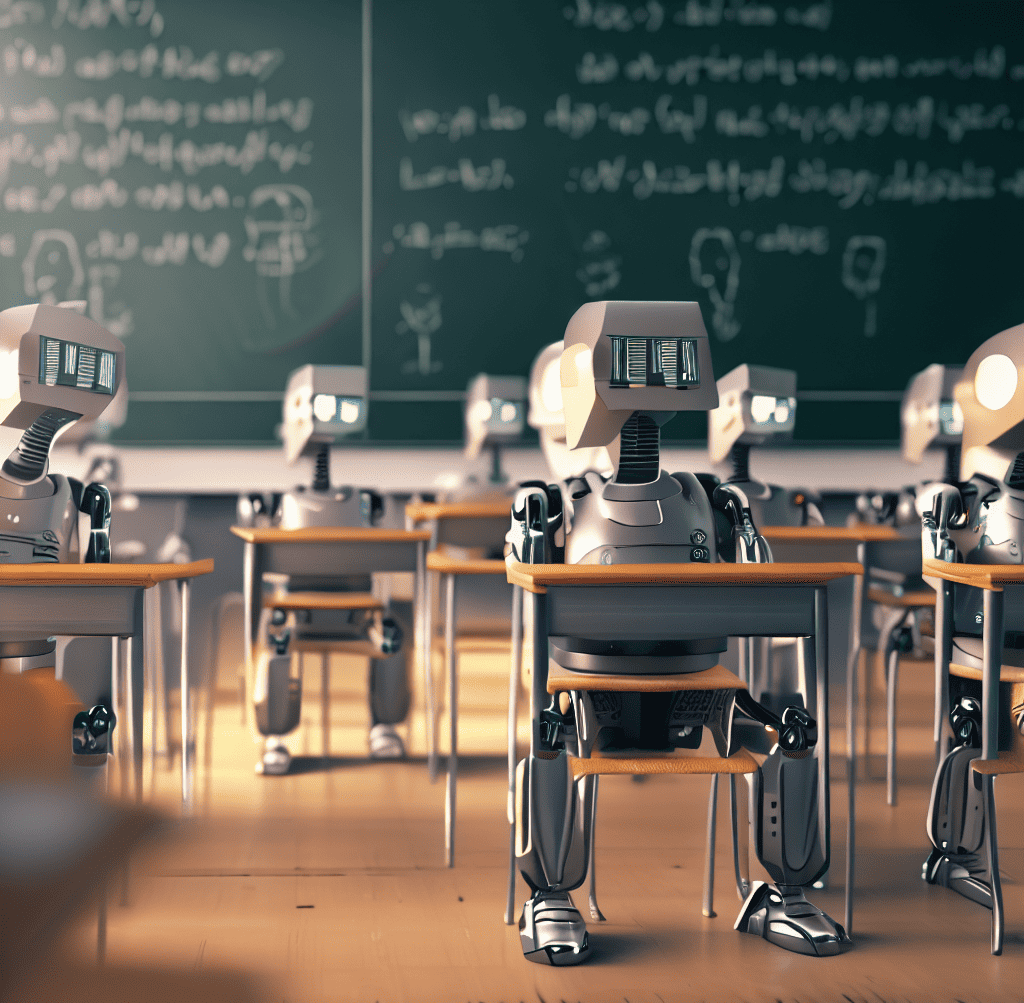Image this: It’s the night time earlier than the ultimate submission of your thesis that you’ve got poured your coronary heart into. You hit the submit button, anticipating to really feel a way of accomplishment. However as a substitute, you obtain a notification that your paper has been flagged for AI-plagiarism by an AI instrument, and also you at the moment are below investigation.
Your coronary heart sinks as you notice that your tutorial profession, which you might have tirelessly constructed, is hanging by a thread due to a instrument that is presupposed to catch cheaters.
This isn’t a hypothetical situation for some college students; it’s their real-life horror story.
A Nightmare Unfolds
Allow us to begin by trying on the instances of Louise Stivers and William Quarterman, each college students on the College of California Davis. They had been falsely accused of using AI chatbots to put in writing their papers, based mostly on the evaluation of TurnItIn and GPTZero – AI detection instruments utilized by their establishment.
In Louise’s case, Turnitin flagged her paper for plagiarism. This sudden incident not solely induced immense stress but in addition adversely affected her tutorial efficiency and took a toll on her psychological well being.
Louise, who was a political science pupil in her final semester, needed to take the duty of defending herself, all whereas making an attempt to maintain up along with her research and purposes to legislation faculty.
William Quarterman, however, was falsely accused of plagiarism by his professor based mostly on the evaluation of the AI-detection instrument GPTZero, and failed him consequently.
For each college students, the preliminary accusations appeared like an uphill battle. Nevertheless, their paths crossed and Quarterman, alongside along with his father, was capable of present Louise with much-needed recommendation and help.
The irony right here is that the instruments designed to keep up tutorial integrity have induced harmless college students an awesome quantity of stress and distraction from their precise tutorial targets.
The Flawed Crusaders of Educational Integrity
AI detection instruments like Turnitin and GPTZero are more and more being utilized by educators to watch and verify for plagiarism and content material technology utilizing AI chatbots. Nevertheless, as within the instances of Stivers and Quarterman, these instruments have proven important flaws.
OpenAI’s ChatGPT, for example, has been acknowledged by its personal makers to be unreliable in discerning human-written content material from AI-generated textual content.
In one other alarming incident at Texas A&M College, Dr. Jared Mumm, an teacher, allegedly used AI detection inaccurately and knowledgeable a big portion of his class that they might obtain zeros on assignments.
He believed that the assignments had been written by an AI chatbot, ChatGPT. Dr. Mumm’s hasty actions with out ample proof or understanding of the instrument’s limitations positioned a number of college students’ tutorial futures in jeopardy.
These incidents reveal the gaps within the deployment and utilization of AI instruments in tutorial settings. Turnitin’s AI detection instrument, which was nonetheless in beta testing in the course of the Stivers incident, claimed a 98% accuracy price but in addition acknowledged the presence of false positives. Whereas TurnItIn simply launched new pointers on their software program, issues nonetheless stay relating to the know-how behind what they’ve made.
The Human Issue: A Lacking Hyperlink?
An essential side to contemplate is the reliance on AI instruments as the only arbiters of educational integrity. The human issue – the important evaluation by educators – is usually lacking.
Some educators the world over have been relying solely on the AI program’s suggestions with out making use of any private judgment or permitting room for college kids to current their protection. That is an especially unfair stance to tackle such a brand new technological revelation.
It’s crucial for educators to strike a steadiness between know-how and human discernment. Whereas AI may be a wonderful instrument for preliminary screening, it’s the accountability of the educators to make sure equity and accuracy by critically analyzing any AI-generated outcomes.
In direction of a Balanced Strategy
What then may be accomplished to forestall additional instances of false accusations?
- Educating the Educators: Educators must be educated on the constraints of AI detection instruments and be inspired to make use of them solely as preliminary instruments and never as definitive proof.
- Incorporating Human Judgment: A balanced method that comes with human judgment is crucial. Educators ought to critically analyze the outcomes from AI instruments and provides college students the chance to current their case.
- Clear Communication: Establishments ought to talk transparently concerning the instruments getting used, their limitations, and the steps concerned within the case of any accusations.
- Coverage Revisions: Educational establishments ought to revisit their insurance policies relating to tutorial integrity, with an emphasis on equity and giving college students an ample probability to defend themselves.
- Suggestions Loops: There must be suggestions loops to enhance AI instruments. Customers of those instruments must be inspired to report inaccuracies to the builders.
The Street Forward
As AI know-how continues to evolve, it’s important to acknowledge its limitations and method its deployment in tutorial settings with warning and sensitivity. The instances of Stivers, Quarterman, and the scholars of Texas A&M College underscore the necessity for a extra balanced and human-centric method to upholding tutorial integrity within the age of AI.
It’s time for educational establishments to acknowledge that within the quest for integrity, the undue reliance on imperfect instruments mustn’t jeopardize the futures of the very college students they’re meant to teach and empower.


